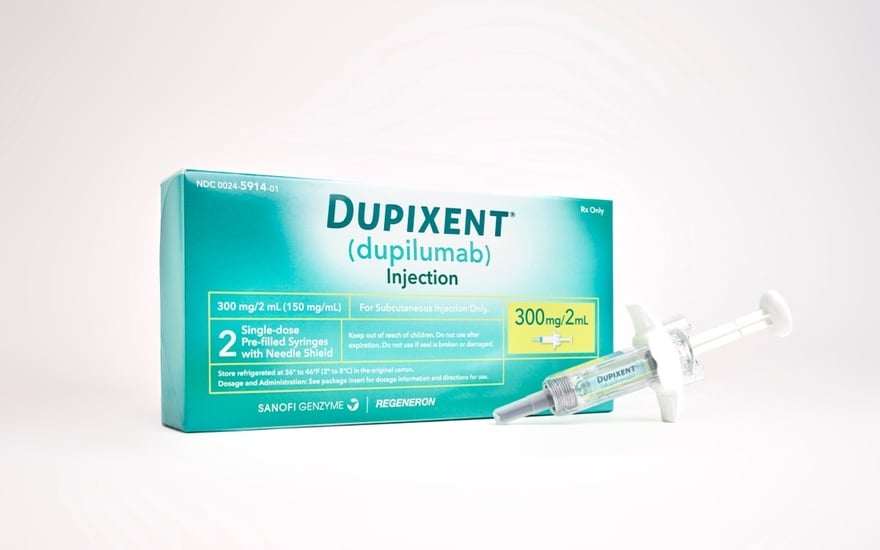Opinion: ‘Ultra-processed food’ is too broad a term to be useful
Legislatures, governors, government agencies, and plaintiff attorneys are taking action against ultra-processed foods, but there is no clear definition of ultra-processed.

In recent years, an idea has taken hold across the ideological spectrum: The rise in diabetes and obesity in the United States is attributable to addictive, ultra-processed foods that dominate the American diet. But many people who are enthusiastically objecting to ultra-processed foods have little (if any) understanding of what the phrase means.
Legislatures, governors, government agencies, and plaintiff attorneys are taking action against ultra-processed foods, but there is no clear definition of ultra-processed foods and there is little discussion of their benefits. Ultra-processed foods include everything from chips to nutrition supplement smoothies to breakfast cereals to chicken stock. Their proliferation has made food more accessible for lower income families, increased food shelf-life, and reduced the risk of bacteria present in food.










































































































































































